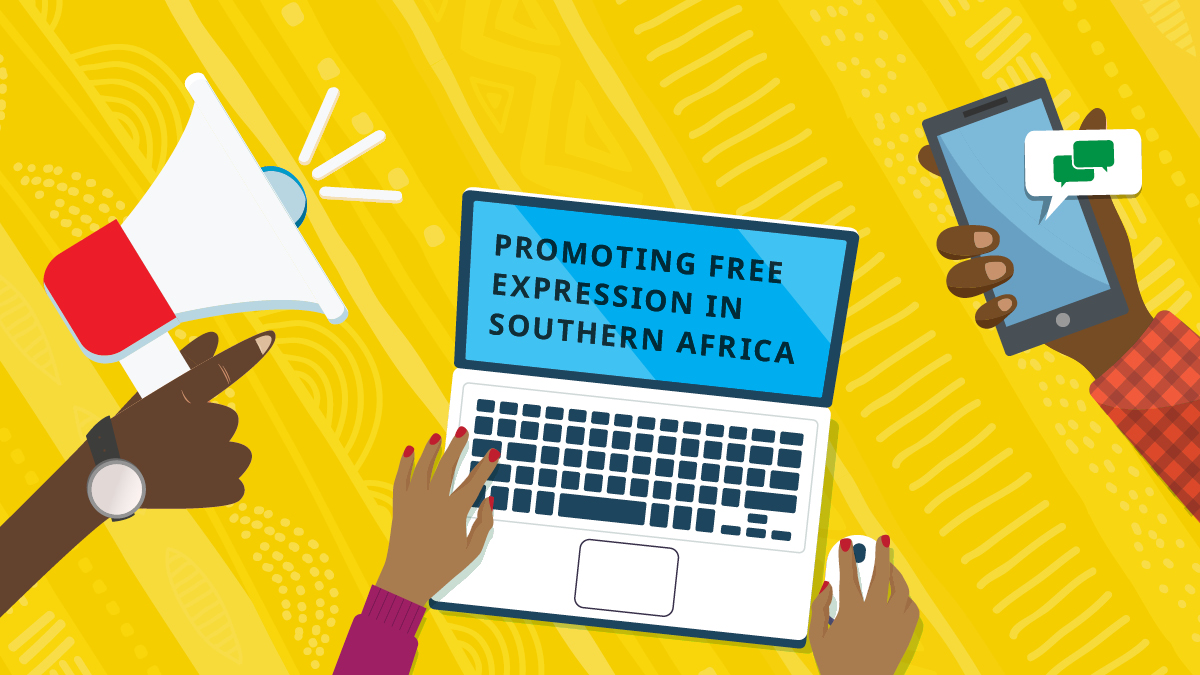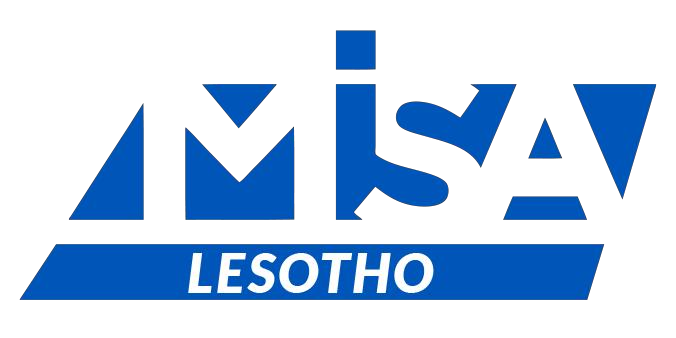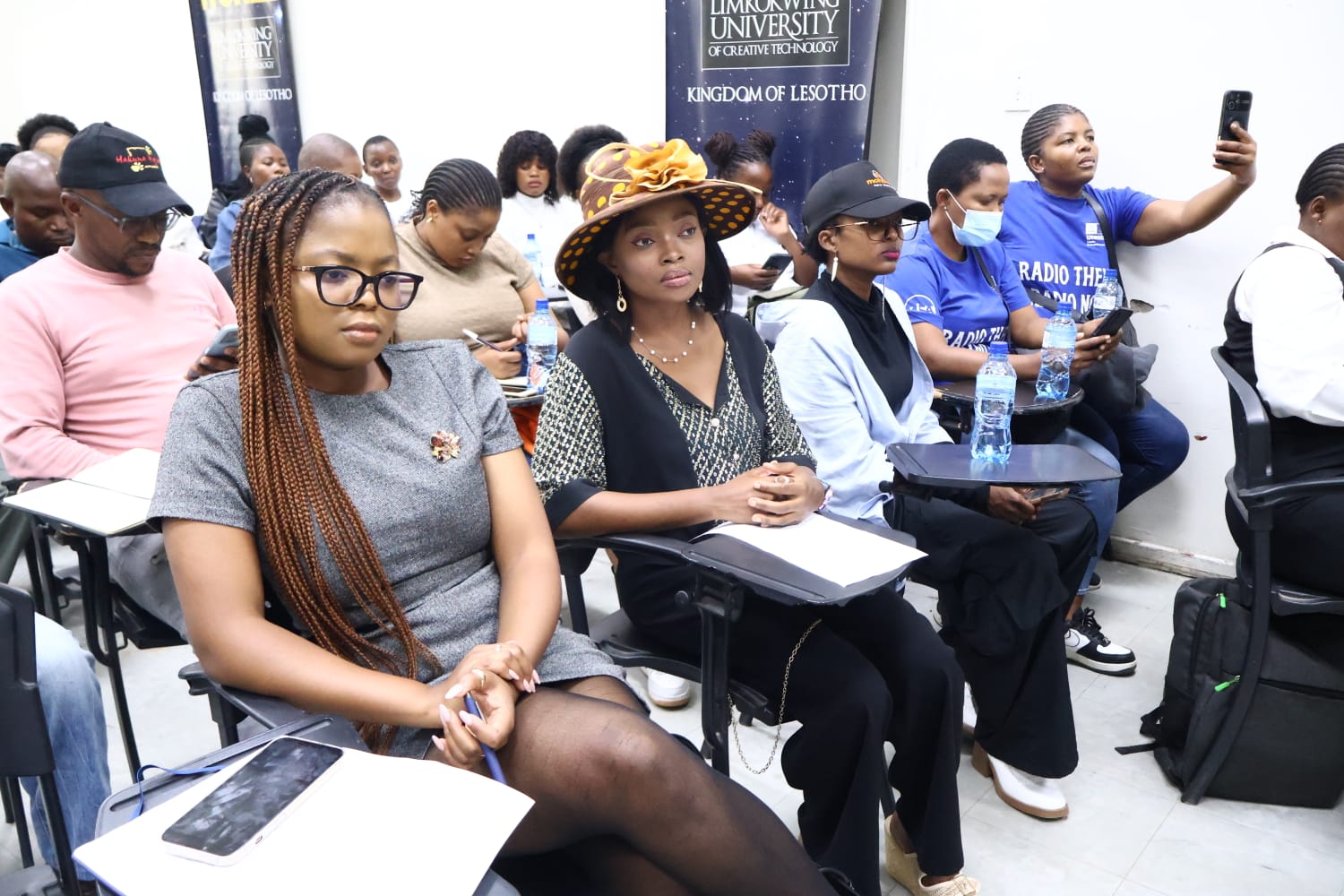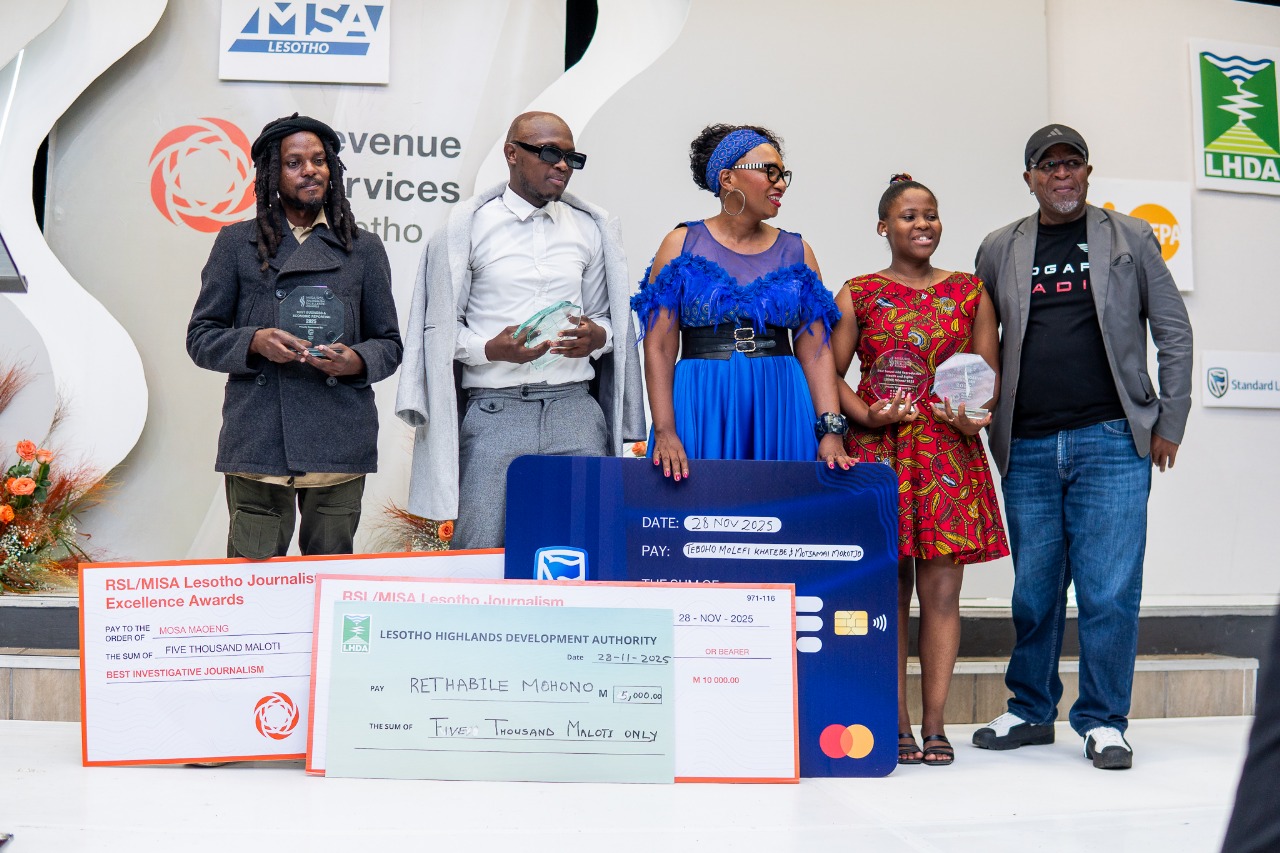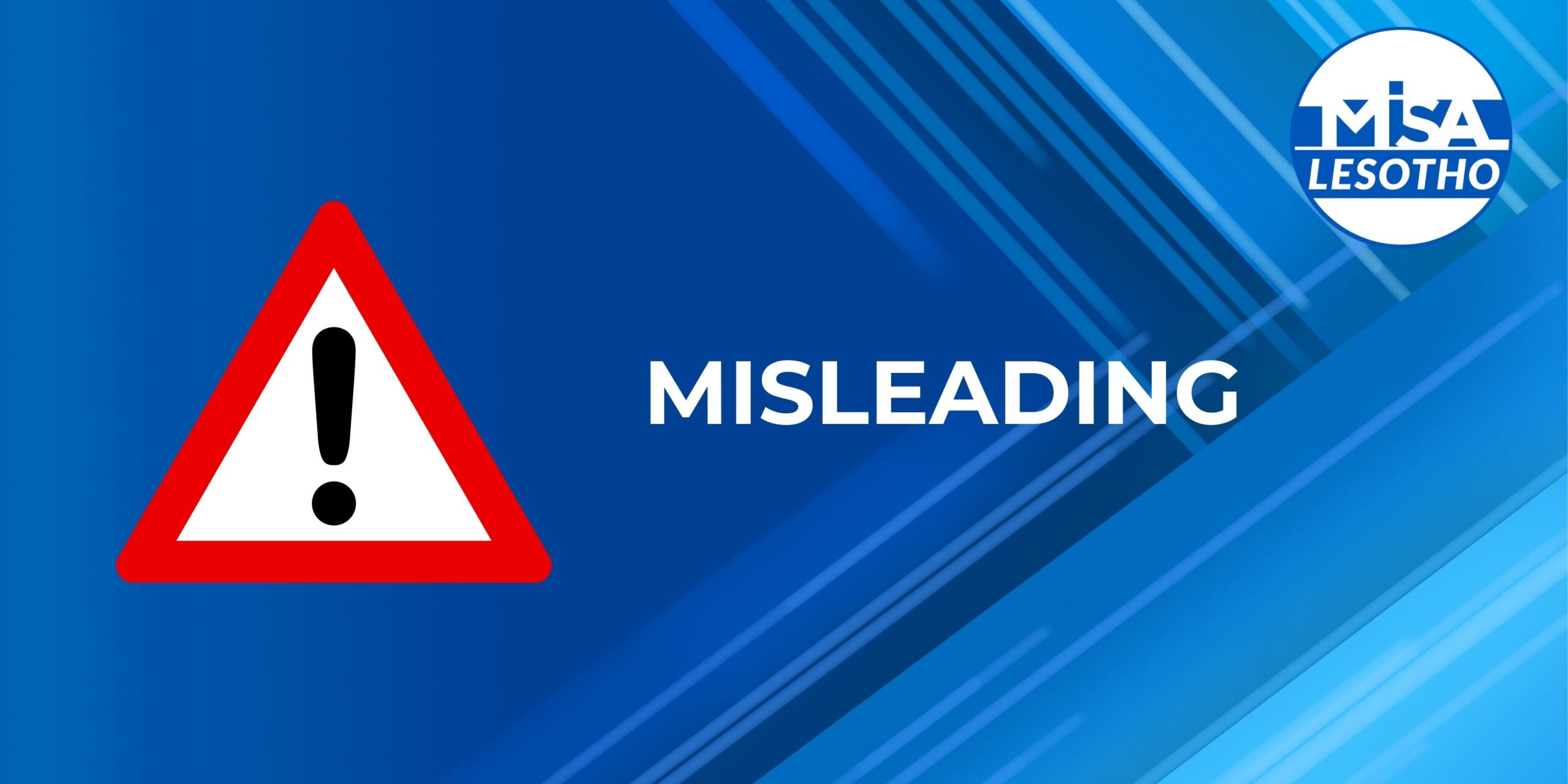In the elections held on 3rd June, 2017 to elect members to the National Assembly, MISA Lesotho, with the support of Open Society Initiative in Southern Africa, embarked on a rather innovative election reporting project. The project comprised of training journalists to provide live election coverage which was broadcast simultaneously by 12 radio stations throughout Lesotho.
The live election broadcast involved 40 journalists – four in each of the 10 districts of Lesotho – who reported from MISA Lesotho’s broadcasting studio.
The simultaneous radio broadcast was accompanied with by the www.misa.org.ls portal where audio and video reports are available.
Participating radio stations were: People’s Choice FM, Harvest Radio, Radio Maria, Jesu ke Karabo Radio, KEL radio, Radio 375 Fm, Ts’enolo FM, Space Age Radio, Mafeteng Community Radio, Butha Buthe Community Radio, DOPE Community Radio, and Thaba Tseka Community. The team also has reporters from Lesotho News Agency, Ultimate Radio, Moeletsi oa Basotho Newspaper, The Post Newspaper, Lesotho Television and Radio Lesotho.
This type of election broadcast was first done during 2015 elections with nine stations participating.
Owing to turbulent political situation under which the 2015 elections were held, media houses in the country were overwhelmed and ended up taking clear political lines which compromised voters’ freedom to make independent political choices through unbiased reports.
The 2017 live election reporting project was designed to ensure that a team of journalists trained on the media’s electoral code were able to report independently and credibly rather than reporting in a politically polarised manner.
Five hours were broadcast in total:
- 2nd June 2017, 5 – 6 p.m. Reporting focus: assessment of Independent Electoral Commission (IEC) readiness; where polling stations equipped with necessary electoral material, equipment and staff in terms of the law; the feeling of political party agents and general feeling of the electorate; level of security in and around polling stations.
- 3rd June 2017, 7 – 8 a.m. Reporting focus: assessment of punctuality and commencement of voting process; voter turnout; level of calmness and general environment at the polling stations; presence of local and international observers and other stakeholders such as the media, researchers.
- 3rd June 2017, 1 – 2 p.m. Reporting focus: assessment of IEC efficiency in rolling out the electoral process; voter turnout compared to the voter roll; and general environment since morning.
- 3rd June, 2017, 5 – 6 p.m. Reporting focus: assessment of general environment throughout the day; views of the general public, observer missions, and other strategic stakeholders in the electoral process.
- 4th June, 2017, 7 – 8 a.m. Reporting focus: electoral results and assessment of level of acceptance among political leaders; general environment.
The project provided more than just media coverage. Rather it provided focused reporting with highest observance of relevant laws. Immediate reaction of the live simultaneous broadcast was evident during and after the elections where media reports as well as local and observer mission declared the media’s role as having been professional and having contributed to the peaceful holding of the elections.
This was not the case in the year 2012 and 2015 when the media was slammed of being politically polarised and unprofessional which warranted intervention beyond training. The audio and video broadcast during the 2017 live election reporting were also posted on to a portal created especially for the project.




